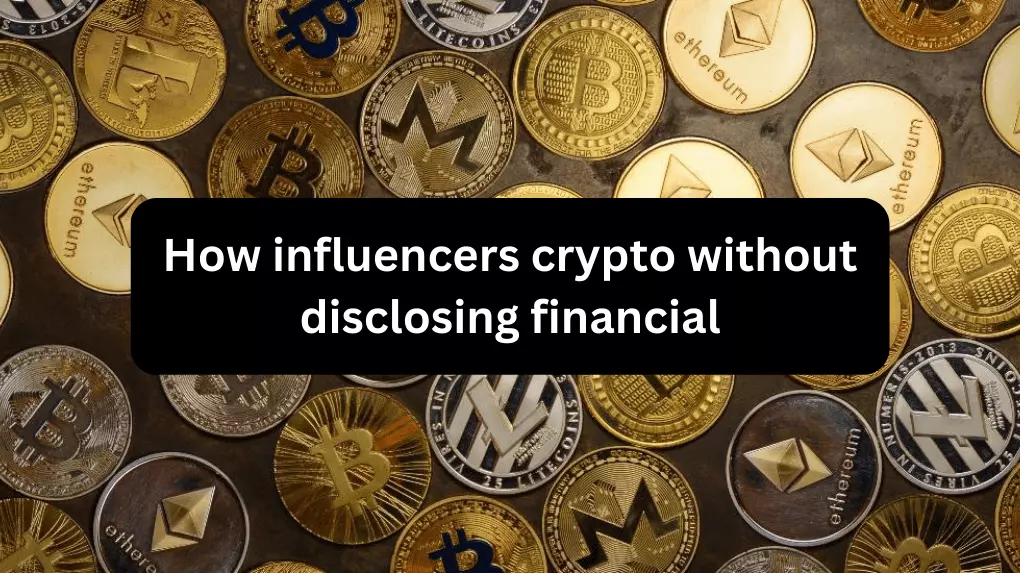The world of cryptocurrency, while filled with immense potential, is also rife with scams. From phishing attacks to fraudulent ICOs, scammers are constantly devising new ways to exploit unsuspecting investors. In this blog post, we’ll delve into some common red flags that can help you identify and avoid crypto scams.

Content
1. Unrealistic Promises of High Returns
One of the most common tactics used by scammers is to promise extraordinarily high returns in a short period. While cryptocurrencies can be highly volatile and offer substantial gains, it’s important to be realistic. If an investment opportunity seems too good to be true, it probably is.
2. Pressure Tactics and Urgency
Scammers often use pressure tactics to rush you into making decisions without proper due diligence. They may create a sense of urgency, claiming that a limited-time offer is about to expire or that prices are about to skyrocket. Always take your time to research and consider your options carefully.
3. Phishing Attacks and Fake Websites
Phishing attacks are a common method used by scammers to steal sensitive information, such as login credentials and private keys. They may send fraudulent emails or messages that appear to be from legitimate exchanges or platforms. Be cautious of clicking on links or downloading attachments from unknown sources.
4. Social Engineering and Trust Exploiting
Social engineering is a technique used by scammers to manipulate people into revealing confidential information. They may pose as experienced traders or industry experts, offering advice and guidance. Be wary of unsolicited messages and offers, especially if they involve sharing personal information or transferring funds.
5. Ponzi Schemes and Pyramid Schemes
Ponzi schemes and pyramid schemes are common scams in the crypto world. These schemes involve promising high returns to early investors, but the funds are used to pay off earlier investors, rather than through legitimate business activities. Always be cautious of investment opportunities that rely on recruiting new members to generate profits.
How to Protect Yourself from Crypto Scams
- Do Your Research: Before investing in any cryptocurrency or project, conduct thorough research. Look for reputable sources of information, such as news articles, whitepapers, and community forums.
- Use Secure Wallets: Store your cryptocurrencies in secure, hardware wallets to protect them from hacking attempts.
- Be Skeptical of Unverified Information: Be wary of information from unverified sources, especially on social media.
- Enable Two-Factor Authentication (2FA): 2FA adds an extra layer of security to your accounts, making it harder for hackers to gain access.
- Stay Updated on Security Best Practices: Keep yourself informed about the latest security threats and best practices.
By being vigilant and following these tips, you can significantly reduce your risk of falling victim to crypto scams. Remember, if something seems too good to be true, it probably is.

Michael is a cryptocurrency blogger who writes about the latest developments in blockchain technology. He has been blogging for over 4 years and his posts have been read by people from all around the world. His blog covers a wide range of topics, such as trading advice, new ICOs to invest in, and how blockchains can be used outside of cryptocurrencies. Michael also enjoys writing about more technical aspects of cryptocurrencies and blockchain technology.













